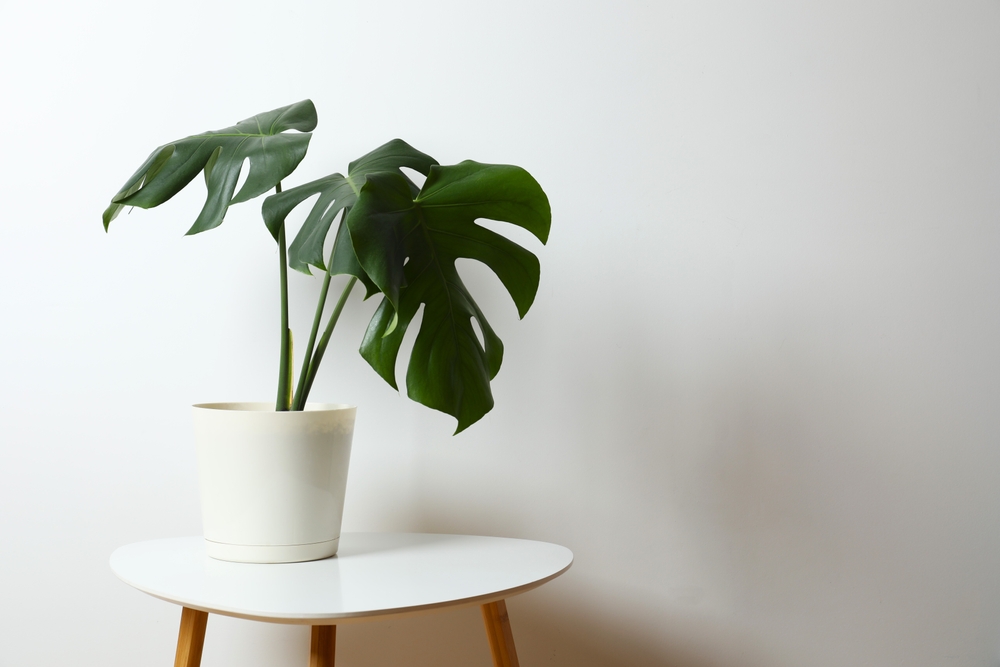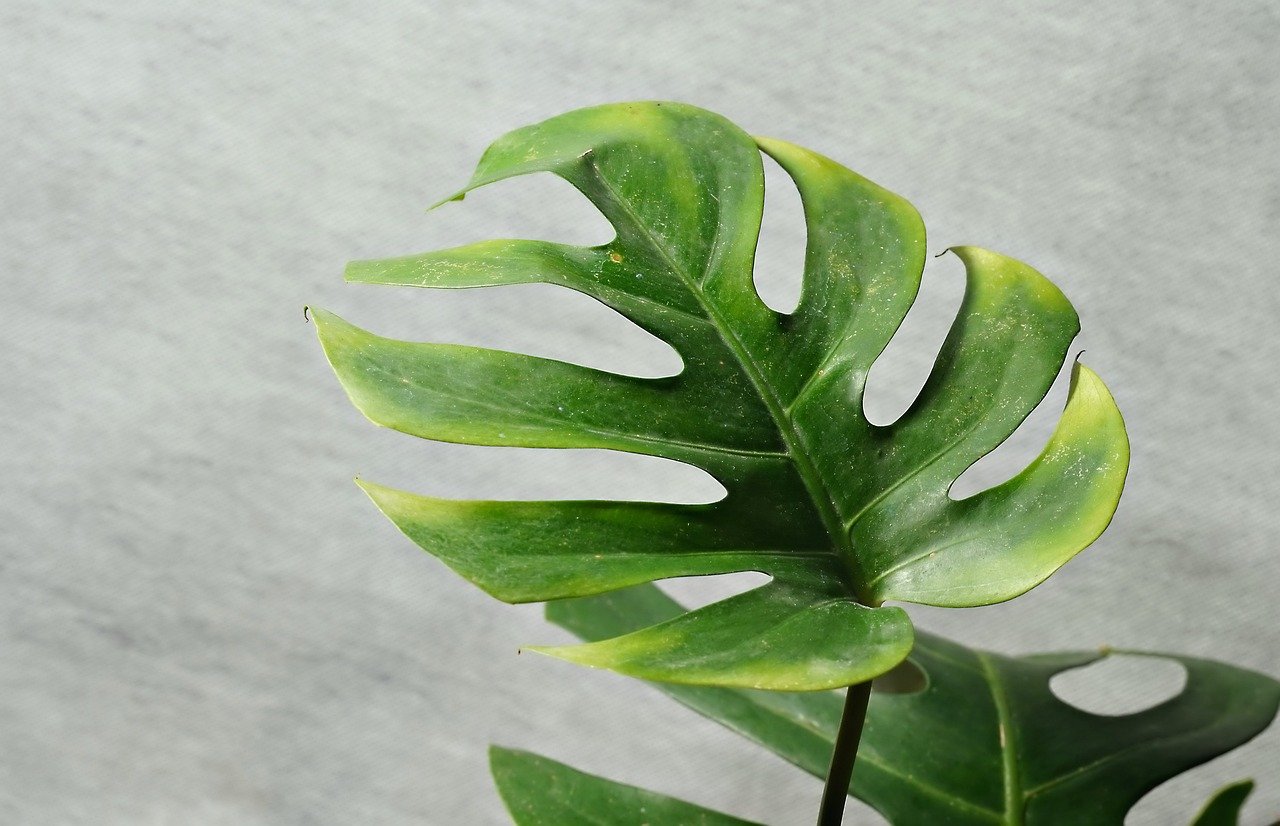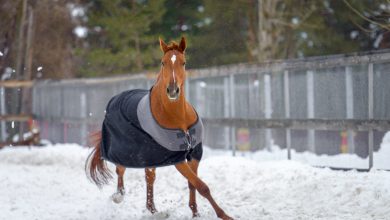Are Monsteras Toxic to Dogs? Vet-Verified Facts, Info & Poison Help

Having house plants and dogs together in the same space can be quite a challenge. You want to keep both alive and healthy, but it seems that one is always trying to kill the other. Our dogs can get into just about anything and some of our plants can be toxic to them. But what about the common houseplant Monstera? Is it toxic to dogs? Unfortunately, the Monstera plant is considered toxic to dogs. For more information and to learn how to keep your dogs away from your Monstera, continue reading.


Why Monstera Plants Are Toxic to Dogs
Monstera plants, or Monstera deliciosa, are considered toxic to dogs because they contain calcium oxalate crystals that can irritate their digestive system. This can lead to signs of digestive upset such as:
- Nausea
- Vomiting
- Diarrhea
- Abdominal discomfort
The Monstera plant is also very bitter which can lead to drooling and mouth irritation, and the sap can irritate the skin. Fortunately, your dog eating a Monstera plant is unlikely to have any long-term effects.


When to Call a Vet
If you suspect your dog has eaten a Monstera leaf, it is imperative that you call your vet right away. Some vets will recommend that you monitor your pet for signs while others will want you to bring them in immediately.
Ultimately, it will depend on the size of your dog, how much you think your dog consumed, and whether they’re showing signs. Smaller dogs may be affected more than larger dogs, especially if they ate a lot of the plant.


How to Keep Dogs Away from Houseplants
As plant and pet owners, we are always looking for ways to keep our babies safe, both those filled with chlorophyll and those covered in hair. Here are a few pretty manageable ways to keep your dog, your Monstera, and any other houseplants safe.
Utilize Shelves or Hanging Planters
First, you could utilize shelves or hanging planters. Granted, if you’re growing a massive plant such as a Monstera, you’re going to have to have an alternate option once that bad boy starts getting tall.
But while it’s still in the juvenile phases, you can grow this plant in a higher-up setting like a shelf or hanging planter.


Designate a Plant Room
You don’t always have to share every space with your dog. You can leave some rooms dog-free. If your living space allows, you can always designate only one special little room to contain your oxygen-producing roommates. This is one particular area your pup should never be allowed to go. You can allow your plants to grow in peace. Wouldn’t you love that peace of mind?
Don’t Leave Your Dog Unattended With Your Plants
Supervision should be required when your dog is around a lot of things in your home, not just your house plants. If your pup gets into things while you’re away, consider gating them out of certain rooms or putting them in a crate while you’re gone. You may also choose to let your dog relax in a room that’s easily closed off such as a laundry room or bathroom while you’re away.


Conclusion
Now, you understand that Monstera plants can be troublesome to our canine companions. While unlikely to do any major damage, they can cause some gastrointestinal upset if eaten.
Realistically, your dog should never want to eat any part of a Monstera plant, but they might be curious and simply want to investigate. Because of this it is important to keep toxic house plants away from your dog. So always place plants on shelves or in hanging planters when possible or keep them in off-limits areas for your dog.
Featured Image Credit: Sunlight_s, Shutterstock



